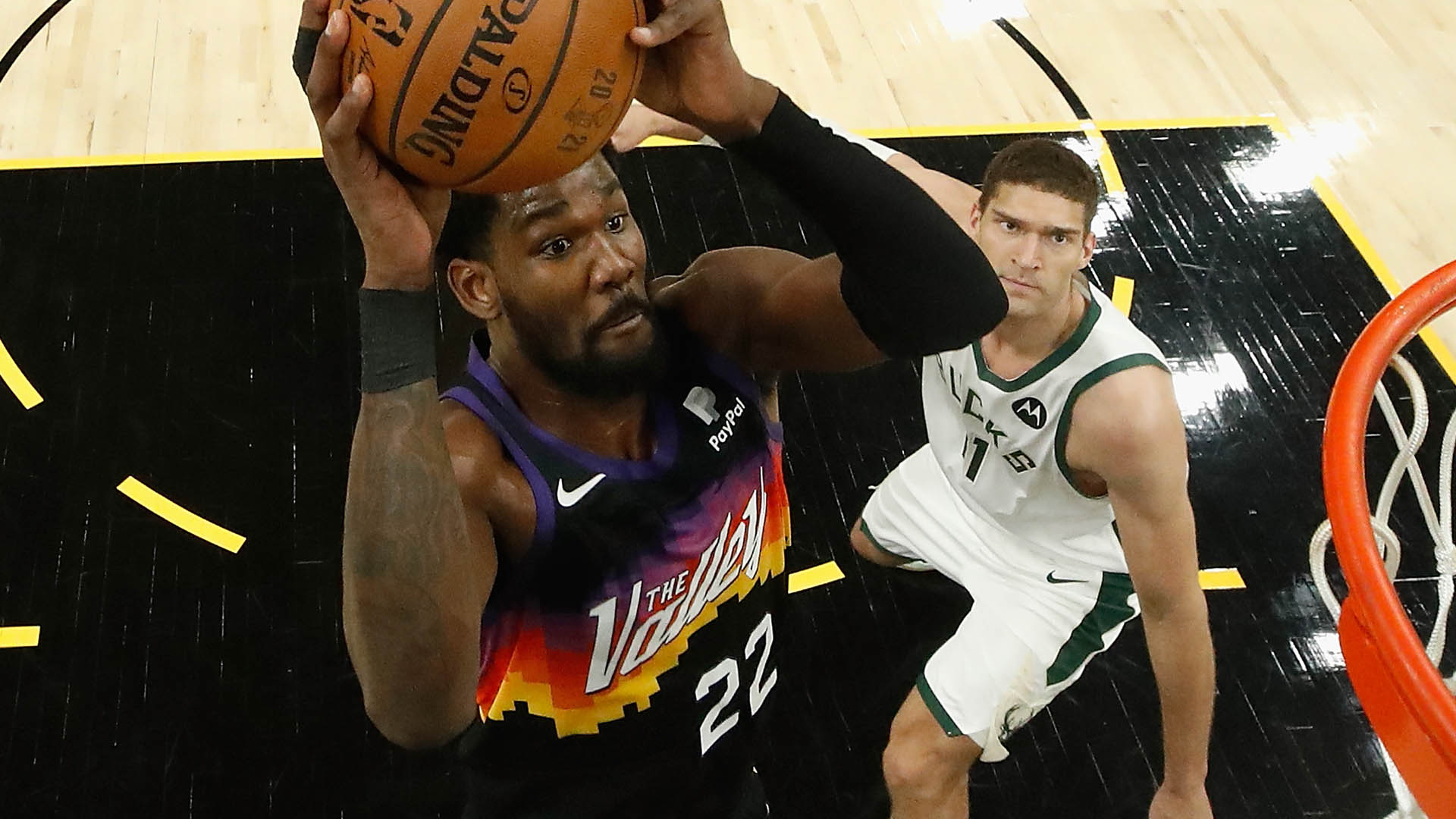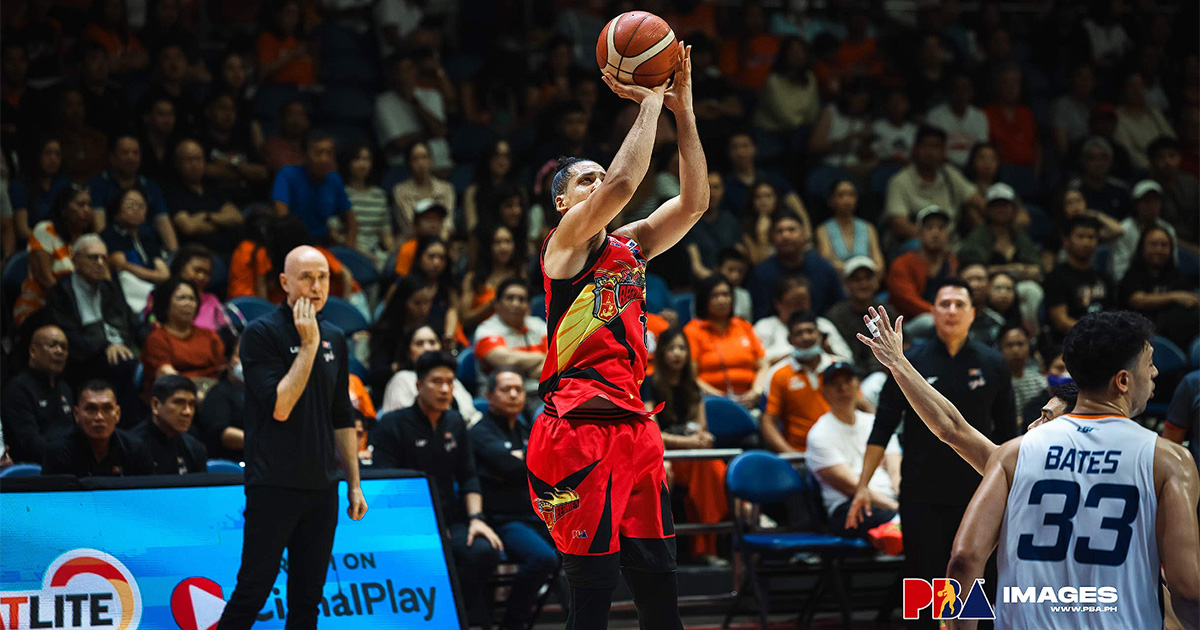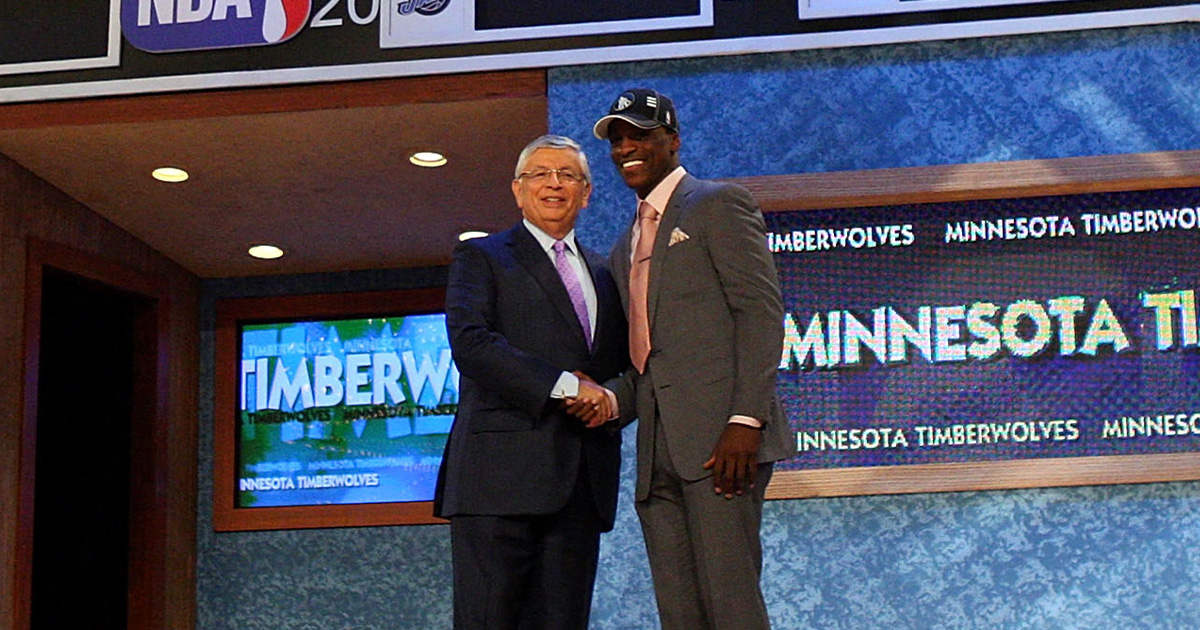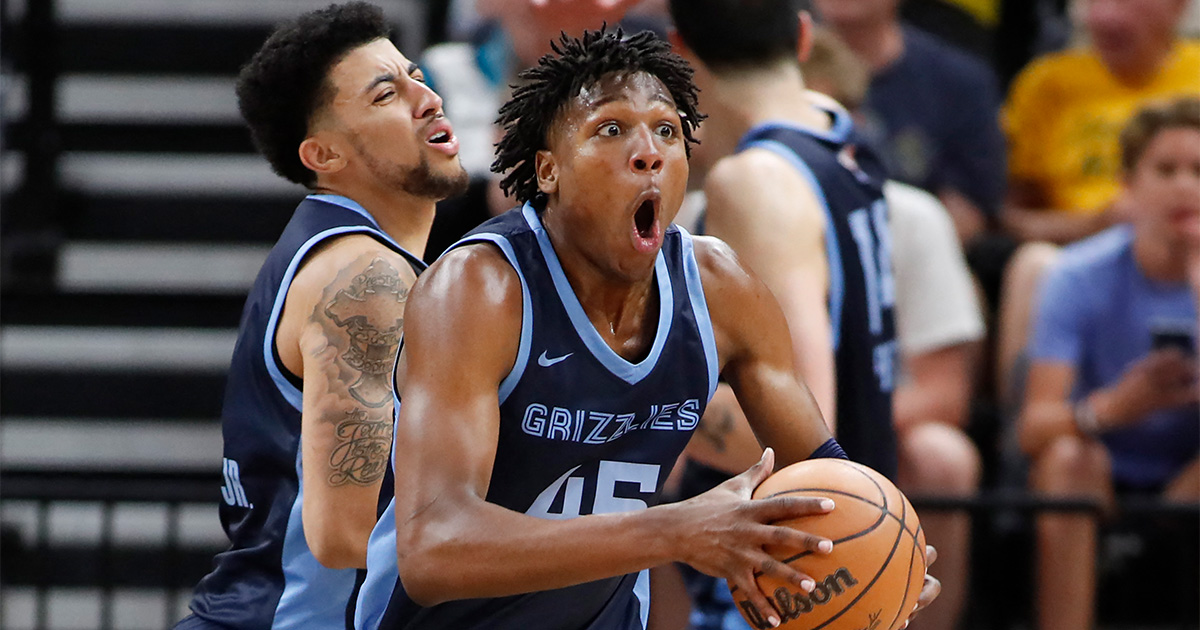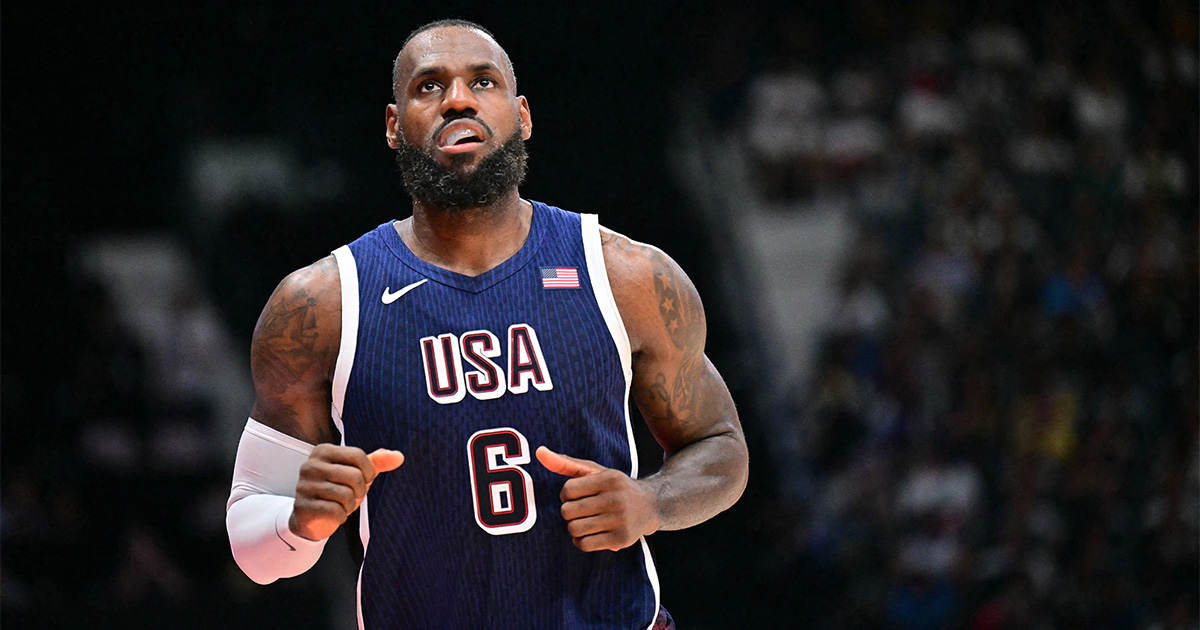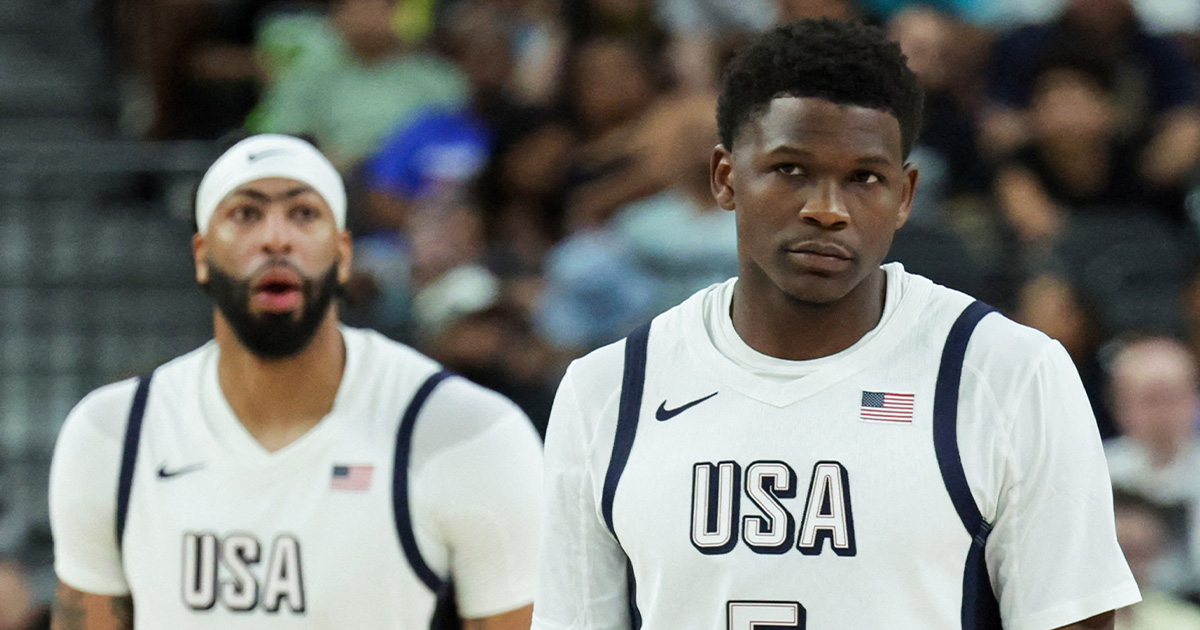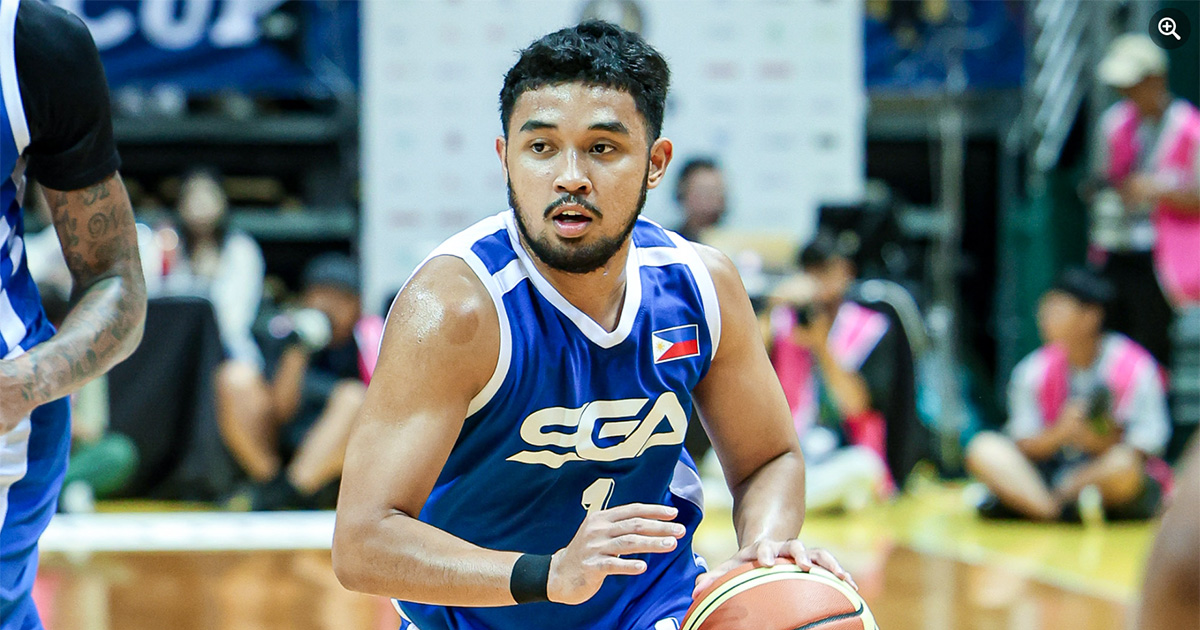DeAndre Ayton is for real, and he’s letting the whole world know.
He proved it in the first round versus the defending champion Los Angeles Lakers, and then went toe-to-toe with the reigning NBA MVP in the following series. Against the Clippers, he won a game at the buzzer with the “Valley-oop” in the Western Conference Finals and before taking it to a whole ‘nother level in his first career NBA Finals game.
In the build-up to the Phoenix Suns’ first Finals appearance since 1993, his flashy All-Star teammates Chris Paul and Devin Booker predictably grabbed all the headlines. The dynamic backcourt duo led the Suns to a 118-105 victory in Game 1 against the Milwaukee Bucks, combining for 59 points and 15 assists, but the contributions of Ayton over his 38 minutes on the court were just as crucial.
In his Finals debut, Ayton continued his breakout postseason with 22 points and 19 rebounds–just one shy from his first career 20-20 game. He was an imposing figure on both ends of the court, making eight-of-10 field goals together with all six of his free throws while protecting the paint and ably matching-up with two-time MVP Giannis Antetokounmpo.
The top pick of the 2018 draft has improved on his regular season statistics and is now averaging 16.5 points on 71.1% shooting and 12.2 rebounds in the playoffs. He has looked confident and poised on the court while remaining unfazed by the bright lights of their deep postseason run.
Ayton, who is as nimble as a 6’11 and 250-pound human being can be, is the ideal pick-and-roll partner for both Paul and Booker. Their chemistry has only deepened with the season’s progression and has led Ayton’s efficiency to soar to historically great levels. Paul, in particular, has had an immense effect on the growth of the young center.

Over Paul’s 16 years in the NBA, the big men who have had the privilege of playing alongside him have benefited immensely and Ayton is just the latest in that list of beneficiaries.
Tyson Chandler, struggling to find his footing in the NBA after five rocky seasons with the Chicago Bulls, averaged what were then career-highs in points and rebounds in his first year catching Paul’s lobs with the New Orleans Hornets. The next season, he averaged the first double-double of his career for a rising Hornets team before moving on to becoming the defensive anchor of the 2011 NBA Champion Dallas Mavericks and the 2012 NBA Defensive Player of the Year.
Ayton’s fellow DeAndre, DeAndre Jordan, was another of Paul’s famous alley-oop partners from the previous decade. Jordan, a second round pick in 2008, saw his career grow by leaps and bounds after Paul joined the Los Angeles Clippers before Jordan’s fourth season. They quickly established a devastating connection that led to countless poster dunks and jaw-dropping highlights. Jordan rapidly developed next to Paul, averaging a double-double by their third year together, kicking off a string of eight consecutive years where he averaged at least 10.4 points and 11.4 rebounds while even making it to one All-Star team.
Chandler and Jordan, like Ayton today, were mobile and athletic big men adept at catching and finishing Paul’s would-be assists, whether it be alley-oops or nifty bounce passes. Just like his predecessors, Ayton has developed into a ferocious rim-runner, but what sets him apart are his back-to-the-basket game and incredibly soft touch that have been on display throughout the playoffs.

His ability to utilize an array of shoulder and head fakes for clean looks on hook shots and midrange jumpers is reminiscent of a time when centers ruled the league. Ayton has shown flashes–again, flashes–of Patrick Ewing on offense, albeit in a modern setting. He is doing it as a tertiary, not primary option, but without the plodding ways of the big men from yesteryear.
Ayton is not the fulcrum of the Phoenix offense, like his contemporaries Nikola Jokic, Joel Embiid, and Karl-Anthony Towns, though that is what makes him the perfect complement to Paul and Booker. As a low-maintenance inside option who can hit his shots in a variety of ways without sacrificing efficiency, Ayton is an ever-valuable yet rare complementary piece in a league brimming with high-scoring perimeter players.
It’s still early in his career, yet his play over the past few months has allowed Ayton to squeeze himself into the conversation on the top centers in the NBA. His stock has skyrocketed to an all-time high in these playoffs as he has embraced and, more importantly, starred in his role with the Suns. He always plays to his strengths, and rarely tries to do too much – which then allows the rest of his team to thrive. You won’t be seeing Ayton taking stepback threes anytime soon, but he is always in good position for a rebound, a putback, or the lob.
The images of Paul and Booker inevitably dominate the mainstream media’s coverage, but the 22-year-old Ayton is becoming hard to ignore on basketball’s biggest stage.


